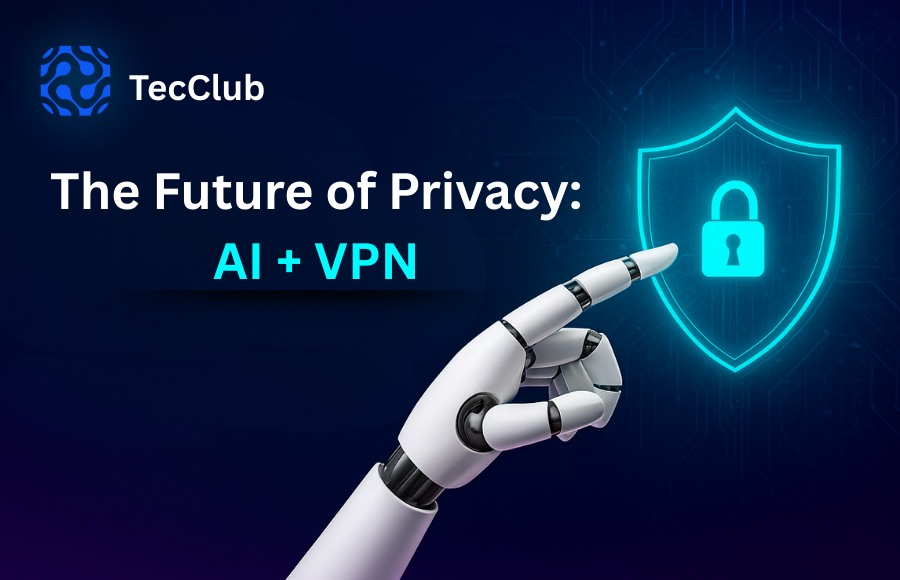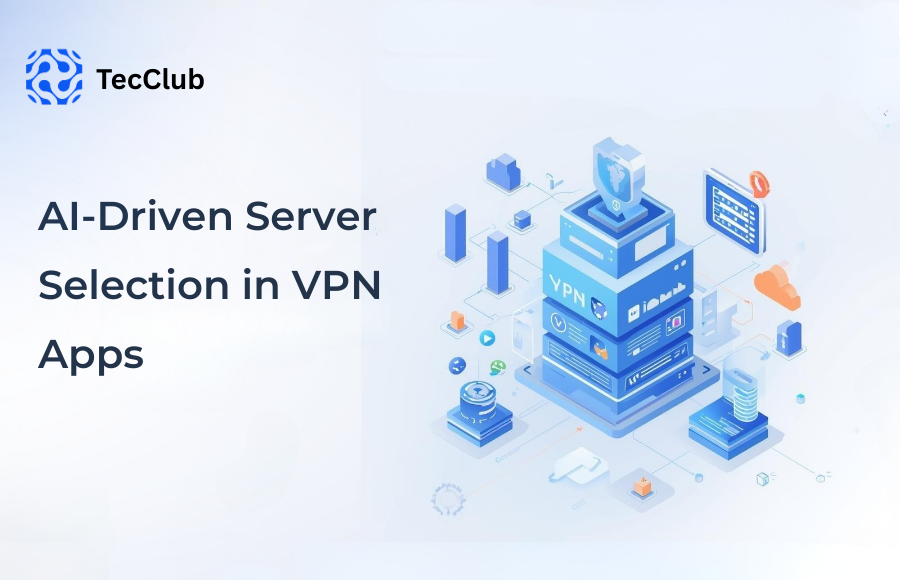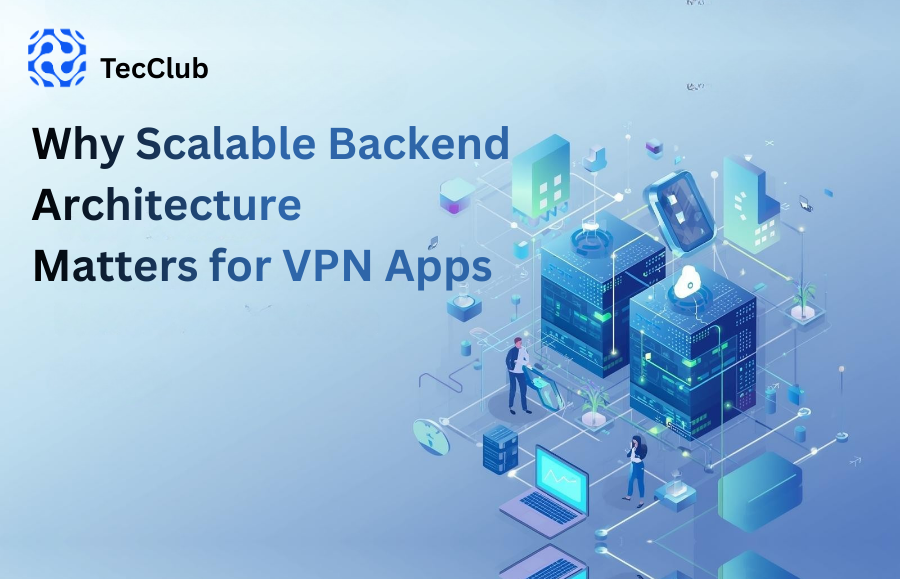
In today’s hyperconnected world, online privacy is no longer a luxury—it’s a necessity. From targeted ads tracking every click to hackers exploiting unprotected networks, digital footprints are constantly exposed. Virtual Private Networks (VPNs) have long been a trusted solution for encrypting traffic and hiding identities, but the future of privacy lies in the fusion of Artificial Intelligence (AI) and VPN technology.
By combining encryption with intelligence, AI + VPN is set to redefine how we protect our data, our identities, and ultimately, our digital freedom.
Traditional VPNs encrypt traffic and mask IP addresses, but they aren’t built to detect evolving cyber threats or predict privacy risks. Meanwhile, hackers, advertisers, and even governments are using advanced AI tools to track and manipulate user data. This means defending privacy requires tools that are equally intelligent and adaptive.
AI-powered VPNs can scan traffic patterns to identify suspicious activities like hidden trackers, spyware-injected websites, or phishing attempts. Instead of only protecting data, they actively shield users from being tracked.
AI can dynamically adjust privacy levels depending on the situation. For example:
On public Wi-Fi, it enables stronger encryption and blocks ads.
On personal networks, it reduces overhead to improve speed.
This creates a personalized balance between privacy and performance.
Traditional VPNs mask your IP, but AI takes it further. By recognizing metadata leaks and anonymizing browsing habits, AI ensures users can’t be fingerprinted by trackers or advertisers.
AI analyzes global threat intelligence to predict when new surveillance tactics or tracking techniques are emerging. With this foresight, VPNs can update policies and encryption models automatically.
AI helps users understand where their privacy is most at risk. Imagine receiving alerts like:
“This website is collecting unusual amounts of personal data.”
“Your app permissions may compromise your location privacy.”
This empowers users to make smarter privacy decisions.
Consumers: Protection from advertisers, ISP tracking, and hackers on Wi-Fi.
Businesses: Securing employee access to cloud services while preventing data leaks.
Journalists & Activists: Safeguarding anonymity in restrictive regions.
Enterprises: Ensuring compliance with privacy laws like GDPR while protecting client data.
| VPN Type | Price Range | Key Features |
|---|---|---|
| Traditional VPNs | $5 – $12/month | Encryption, IP masking, global servers |
| AI-Enhanced VPNs (Personal) | $10 – $18/month | Smart threat detection, adaptive privacy modes, tracker blocking |
| Business AI VPNs | $12 – $20/user/month | Centralized controls, compliance tools, user behavior monitoring |
| Enterprise AI VPNs | $1,000 – $5,000+/month | Predictive defense, customizable AI policies, large-scale data protection |
Pro tip: As AI-driven VPNs become mainstream, expect more consumer-friendly pricing and bundled privacy tools.
Privacy in the digital age requires more than just encryption—it requires intelligence. The combination of AI + VPN is shaping the future of online privacy by offering not only protection but also adaptability, foresight, and transparency.
From everyday browsing to enterprise-grade data protection, AI-driven VPNs are set to be the ultimate guardians of our digital lives. At TecClub Technology, we see AI + VPN as the next frontier in privacy innovation, ensuring that individuals and businesses alike stay secure in an increasingly data-driven world.

AI-driven server selection automatically connects VPN users to the fastest and m...
Read More